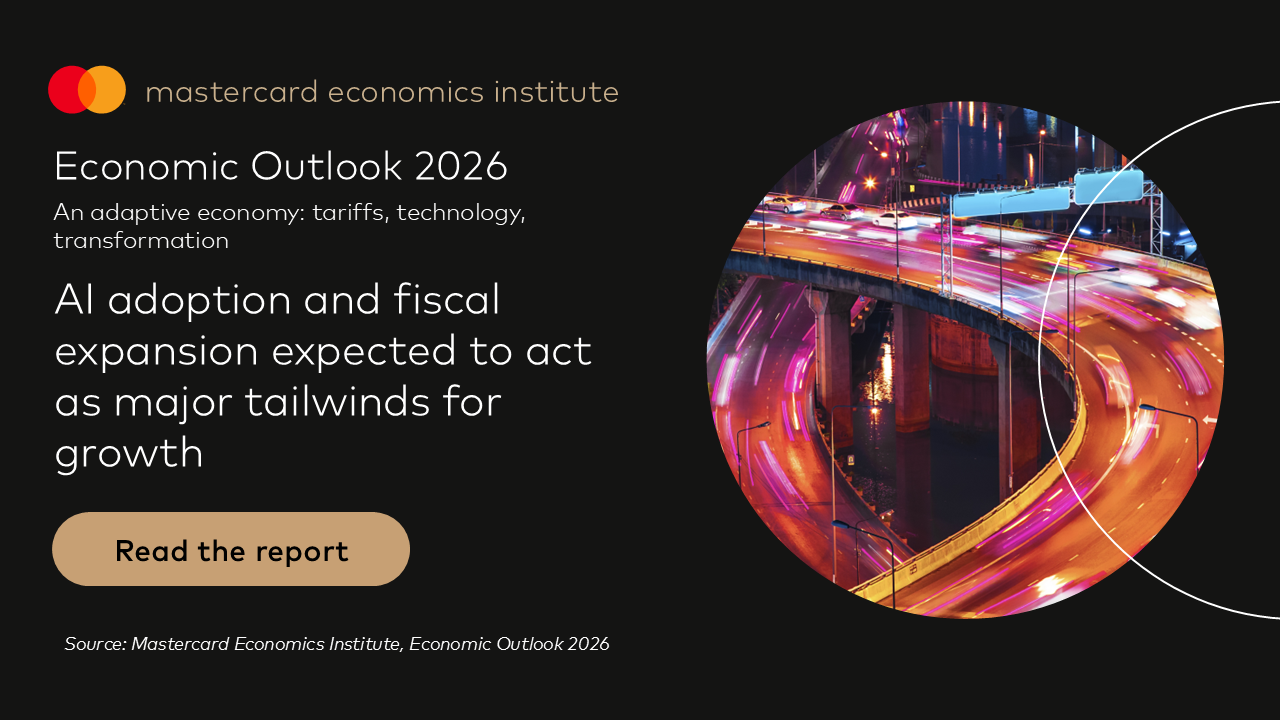December 07, 2022
Read: the best team that lost the World Cup. If you're a soccer nut like me, you’ll know that two teams have played the Beautiful Game almost to perfection — Pep Guardiola's FC Barcelona and Brazil in the 1982 World Cup in Spain. But why did a squad featuring magicians with the ball like Sócrates, Zico, Falcao, or Júnior fail to win the tournament with their futebol arte? Find out in this great book by Stuart Horsfield. — Carlos
Read: “Lessons in Chemistry,” by Bonnie Garmus. Think Julia Child meets feminism meets chemistry. This light read by Garmus follows the ups and downs of Elizabeth Zott, a young scientist struggling to be taken seriously in the male-dominated field of chemistry in 1950s and ‘60s America. Zott’s matter-of-fact approach to life, love, work, and cooking reflects her inner feminist. When she packs in her day job in the lab to teach America’s housewives how to cook, she also shows them how to believe in themselves. — Tracy
Confront: the lies that postwar Europe told you. In the aftermath of history’s most ruinous war, post-1945 Europe built the future on a foundation of myths about the conflict. They were useful lies about good and evil that obscured the uglier truths of collaboration, ethnic cleansing, and war crimes even by the “right” side. Written in 1992, when new vaults of memory were being uncomfortably cracked open, historian Tony Judt’s essay “The Past is Another Country” warned about the consequences of distorting history like this. And with 30 years of hindsight, his prescience about the return of rightwing nationalism is particularly chilling. — AlexMore For You
Mastercard Economic Institute's Outlook 2026 explores the forces redefining global business. Tariffs, technology, and transformation define an adaptive economy for the year ahead. Expect moderate growth amid easing inflation, evolving fiscal policies, and rapid AI adoption, driving productivity. Digital transformation for SMEs and shifts in trade and consumer behavior will shape strategies worldwide. Stay ahead with insights to help navigate complexity and seize emerging opportunities. Learn more here.
Most Popular
Think you know what's going on around the world? Here's your chance to prove it.
Miami Mayor-elect Eileen Higgins points as she thanks her staff and supporters on the night of the general election, on Tuesday, Nov. 4, 2025.
Carl Juste/Miami Herald/TNS/ABACAPRESS.COM
A Democrat won Miami’s mayoral race for the first time in nearly 30 years. The Republican defeat will ring some alarms for the party – and their support among Latino voters.
Women work in the plastic container assembly area inside the El Oso shoe polish factory, located in Mexico City, Mexico, in its new facilities, after officers from the Secretariat of Citizen Security and staff from the Benito Juarez mayor's office arbitrarily and violently remove their supplies, raw materials, machinery, and work tools on January 17 of this year following a coordinated operation stemming from a private dispute. On August 27, 2025.
Photo by Gerardo Vieyra/NurPhoto
50: Mexico’s President Claudia Sheinbaum is taking a page out of US President Donald Trump’s book, implementing up to a 50% tariff on more than 1,400 products in a bid to boost domestic production.
© 2025 GZERO Media. All Rights Reserved | A Eurasia Group media company.
